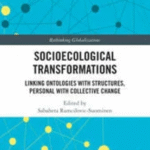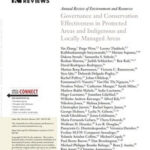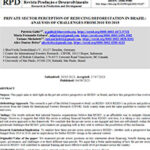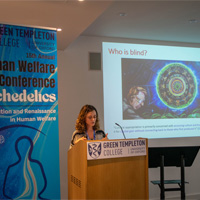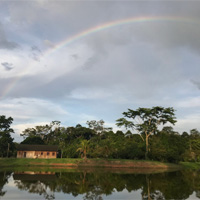Jude Ndzifon Kimengsi, Bishawjit Mallick, Gertrud Buchenrieder, Tobias Haller, Jürgen Pretzsch, Maria Fernanda Gebara
ABSTRACT
Institutional dynamics trigger resource management decisions and practices around socio-ecological systems (SESs), with (sub-) optimal management outcomes. For instance, studies show that formal institutions are continually prioritized over informal ones in land use decisions – the latter also countervailing the former in several instances. This reality presents an opportunity to theorize in favour of a new institutional arrangement that blends formal and informal institutional provisions. However, the theoretical positions of Hobbes, Ostrom, Ensminger, Cleaver, and Haller did not conclude with a jelled institutional framework, to enhance our understanding of the multiplicity of interdependent decisions within SESs. This raises two questions: (1) How could jelled institutional arrangements potentially (re)define actor constellations around SESs? (2) Which forward-looking research questions are required to analyse resource use and management by actors in SESs? We employ a theoretical research approach and a backward snowballing literature review to advance the search for a unifying theoretical perspective. In doing so, we theorize an institutional change path towards an institutional jelling construct – one in which compatible provisions of formal and informal institutions shape actors. This is done to create an institutional framework perceived as legitimate by all actors in SESs.




